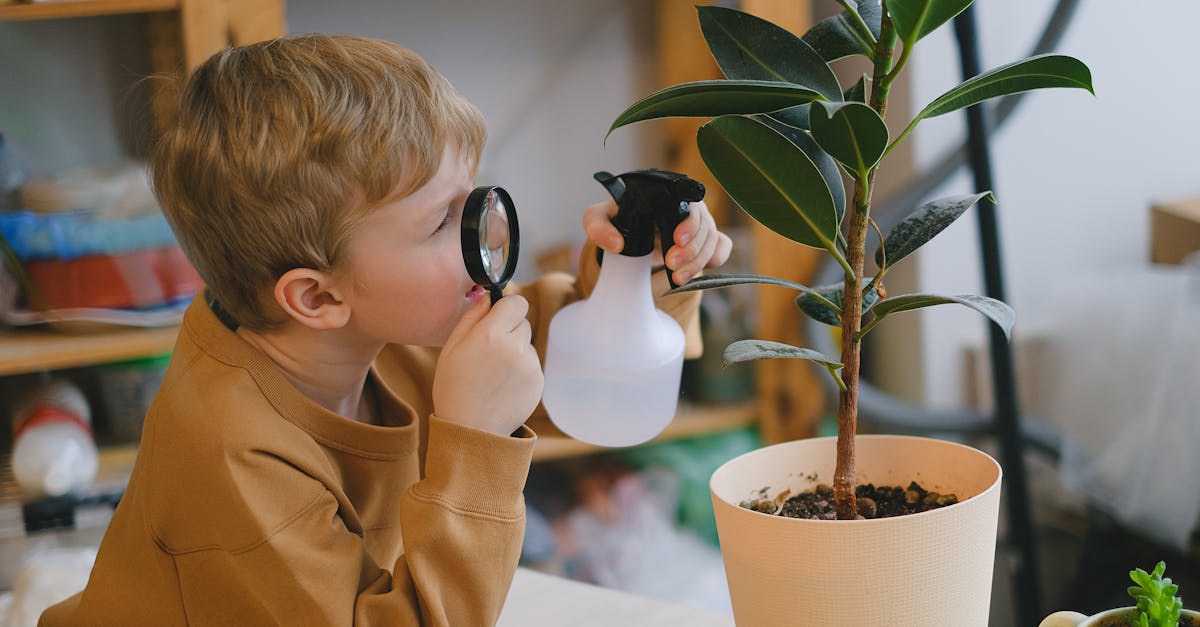Why Gardening Teaches God’s Love
Gardening is a magical hands-on way to illustrate God’s love to pre-schoolers. As they dig, plant, and watch life sprout, they learn about creation and care. It’s a method filled with educational seeds—from patience to responsibility.
Moreover, dirt under their fingernails is a badge of honor, showing that learning about the divine isn’t always neat and tidy. Through gardening, children can vividly see that love, care, and patience yield incredible results.
This activity becomes a bridge connecting nature with divine teachings, making spiritual concepts tangible for little ones.

Start Small: Your First Gardening Experience
Begin your gardening journey with something simple—a small pot, some soil, and easily-grown seeds like daisies or beans. Choose a sunny spot where your child can witness the seeds sprouting daily. Make this teaching time fun by singing songs like ‘This Little Light of Mine.’
Planting seeds can symbolize planting love and kindness in their hearts. Recalling my days with pots of basil on the windowsill, we sang to incite growth enthusiasm!
Kids love seeing something blossom from their efforts, a perfect opening to discuss faith and divine love.

A Day in the Garden: Nurturing Patience
Gardening nurtures more than plants; it cultivates patience. As each day turns leaves towards the sun, explain to your kids that God’s love grows in them similarly—slow but steady.
Set small tasks, like watering or removing weeds, encouraging them to be gentle caretakers. These simple acts are parallels to nurturing compassion and love.
My daughter once watered the lawn more than the tomatoes, but she learned that corrective love guides seedlings—and relationships—in the right direction. Patience, both in gardening and life, rewards us with delightful blooms.

Overcoming Gardening Challenges Together
Gardening isn’t always smooth sailing. My son dramatically declared war on bugs the first time he saw a caterpillar munching a leaf!
Use these challenges as teaching moments about resilience and forgiveness. Explain how tending to a garden is akin to handling life’s hiccups with grace. Encourage them to view struggles as chances to learn and grow, much like thorny roses that still blossom.
Overcoming these problems builds confidence, reminding children that divine love remains constant even amid troubles.

Personal Touch: Sharing Your Gardening Story
Every garden has a story—yours could inspire others. Share your experiences with fellow parents, creating a community around faith and growth.
Our first garden was a hodgepodge—a carrot with four tops, a cucumber disguised as a zucchini—but those quirks were stories we celebrated.
Encouraging your kids to document their gardening adventures promotes reflection and storytelling, grounding abstract spiritual concepts in daily experiences.
These narratives become part of a broader conversation about faith in action and the beauty found in imperfection.

Invite More Joy: Garden with Friends
Gardening is joy multiplied when shared. Invite neighborhood families for a garden picnic or planting day. Children bond over stories of ‘courageous bugs’ or ‘babbling brooks’ as they water their plants.
Engaging Activities
Hosting theme days, like ‘Sunflower Sunday,’ can invigorate community spirit. Participating in a group activity reinforces shared values and support, anchoring God’s love within a friendly environment.
Benefits of Gardening Together
- These gatherings cultivate not just gardens but friendships and faith journeys.
- Plus, with kids knee-deep in soil together, it means fewer laundry mishaps—it’s a win-win!

